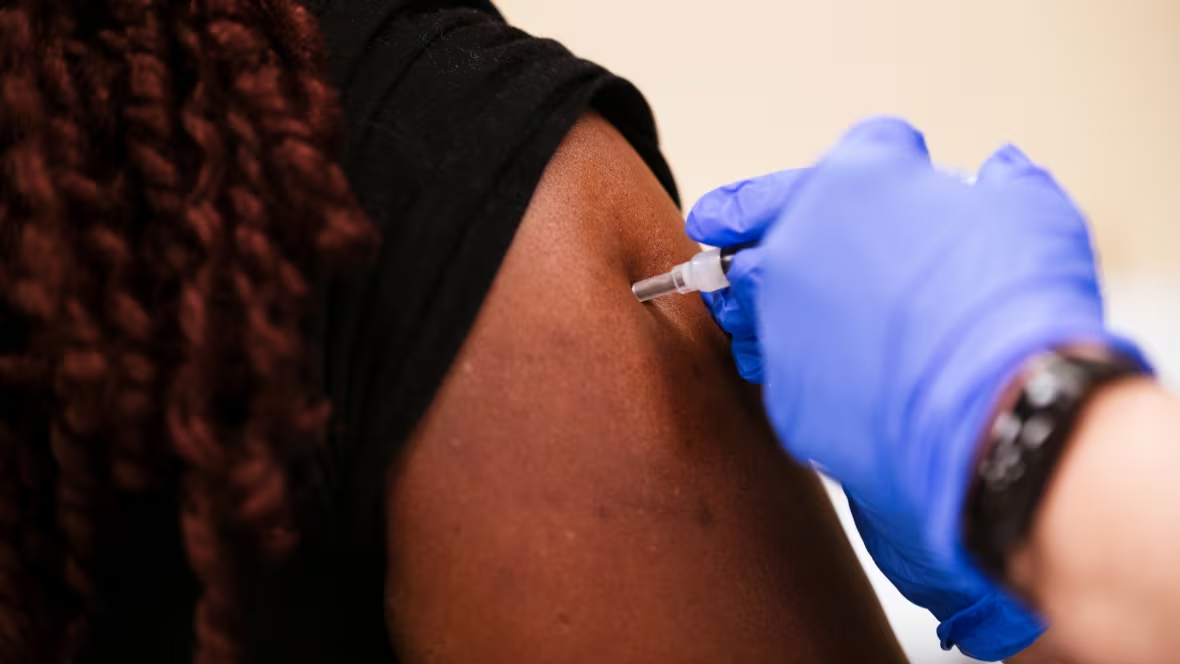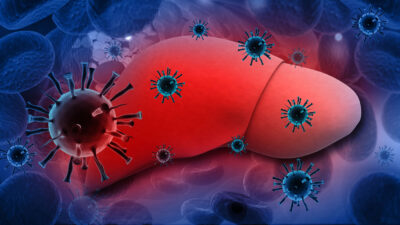Vaccines are safe and prevent serious disease, but like any medical procedure, they can cause side effects. Most are mild and short-lived. This guide explains which reactions are common, how to care for them at home or at work, when to seek professional help, and what employers and schools should provide to support people after vaccination; all tailored for Nigerian families, workplaces and schools.
What side effects are common (and why they happen)
Most vaccine side effects are signs the immune system is doing its job. Common, short-lived reactions include:
- Soreness, redness or a small lump at the injection site: the most frequent reaction.
- Mild fever, tiredness or body aches: a normal immune response lasting a day or two for many people.
- Headache or mild chills: usually short-lived.
- Loss of appetite or mild nausea: more common in children after some vaccines.
- Rarely: fainting (more common in adolescents, usually short), or allergic reactions (very rare but important).
Timing: most reactions appear within a few hours up to 48 hours after vaccination, and resolve within 24 – 72 hours. Persistent or worsening symptoms need attention.
Simple aftercare everyone can use (parents, employees)
These are low-cost, evidence-based steps you can take at home, at work, or at school:
- Keep the injection site clean and relaxed. Avoid rubbing or pressing hard. A cool compress (not ice directly on skin) for 10 – 15 minutes can reduce soreness.
- Rest and hydrate. Drinking water and avoiding heavy activity for 24 hours helps recovery.
- Paracetamol (acetaminophen) for discomfort. If someone has mild fever or pain, an age- and weight-appropriate dose of paracetamol is commonly used. Avoid giving aspirin to children. If unsure about dosing, ask the vaccinator or a pharmacist.
- Dress comfortably. For children, loose clothing over the injection site makes them more comfortable.
- Comfort and distraction for kids. A calm talk, a favourite toy, or quiet activities help children who are nervous or a bit unwell.
- Observe for 15 – 30 minutes after vaccination. This short observation window at the clinic or on-site clinic catches immediate allergic reactions (very rare) so staff can act quickly.
When to seek medical attention (red flags)
Most side effects are mild, these are the signs that need prompt attention:
- Difficulty breathing, wheezing, throat tightness or swelling of the face or mouth.
- High fever that does not respond to paracetamol or lasts more than 48 hours.
- Severe or worsening pain at the injection site with spreading redness.
- Collapse/fainting with prolonged unconsciousness, or repeated fainting.
- Any unusual bleeding, seizures, or other severe symptoms after vaccination.
If any of the above occur, contact a clinician immediately or go to the nearest emergency department. Also inform the vaccination provider – they should assist with reporting and follow-up.
What employers should provide after a workplace vaccination day
Supporting staff after vaccination reduces disruption and shows care. Recommended employer actions:
- Allow a short observation area on-site (15–30 minutes) staffed by the vaccinator.
- Provide flexible time-off for the day (e.g., allow staff to leave early or swap shifts if mildly unwell).
- Supply clear aftercare guidance (printed leaflets or email) with paracetamol dosing guidance, red-flag symptoms and emergency contacts.
- Record anonymised uptake and AEFI reports – share summary data with leadership for planning.
- Manager briefings: ask managers to check on team members after vaccination and support lighter duties if needed.
- Simple compensation or recognition for staff who attend wellness days (a certificate, light refreshments, or a recognition note increases uptake).
What schools should do after student vaccination days
Children need extra comfort and clear parent communication:
- Consent & emergency contacts: ensure consent forms are complete and emergency numbers are local and reachable.
- Observation area staffed by a nurse or trained staff for 15–30 minutes post-vaccination.
- Send a short aftercare leaflet home explaining normal reactions and when to contact the school clinic or parent.
- Plan staggered sessions so teachers can support classes without disruption.
- Arrange follow-up support (phone call or check-in) for younger children 24–48 hours after immunisation.
Addressing vaccine hesitancy around side effects (how to reassure people)
- Be transparent: explain that mild reactions are common and a sign the body is building protection.
- Share real expectations: say how long symptoms typically last and what to do if they appear.
- Use plain language: avoid medical jargon for parents and frontline staff.
- Offer visible clinical support: seeing a trained vaccinator and an observation area increases confidence.
- Share positive stories: short testimonials from employees or parents who had mild side effects and recovered quickly help normalize the experience.
How Pretty Health Care supports aftercare (practical services)
When you partner with Pretty Health Care for workplace or school vaccination days, we provide:
- Trained clinical teams and an on-site observation area.
- Printed aftercare leaflets and clear paracetamol dosing guidance.
- AEFI reporting and referral pathways to local clinics.
- Aggregated, anonymised uptake and side-effect reports for HR or school leadership.
- Post-clinic follow-up calls where requested (to staff or parents).
Book a workplace or school vaccination day or request aftercare materials: Call +2348114346325 or visit https://prettyhealthcare.com.ng/.
Quick checklist (for organisers)
- Consent forms completed and emergency contacts verified.
- Observation area + clinical staff ready.
- Aftercare leaflets printed (or emailed) and paracetamol guidance included.
- Manager/teacher briefing completed.
- Plan for minor time-off/flexible duties post-vaccination.
- AEFI reporting workflow confirmed with the provider.




